Frequently Asked Questions
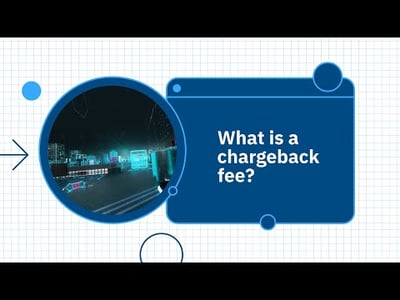 Chargebacks
Chargebacks
What is a chargeback fee?
Chargeback fees are charged to the merchant by their acquiring bank in order to cover the administrative expenses associated with chargebacks. These fees are usually between $20 and $100 per chargeback. Chargeback fees are not recouped by merchants if they successfully dispute the chargeback.
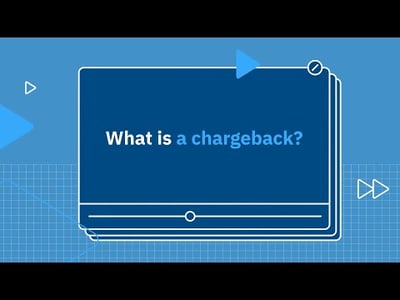 Chargebacks
Chargebacks
What is a chargeback?
A chargeback is a mechanism for returning payment to a customer after a disputed credit or debit card charge. Unlike a refund, a chargeback does not involve the direct communication of customer and merchant but, rather, involves communications between their respective banks (issuer and acquirer).
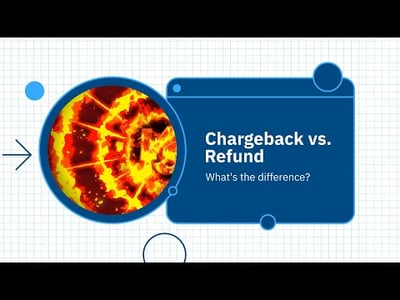 Chargebacks
Chargebacks
Chargeback vs. Refund: What's the difference?
While chargebacks and refunds are both methods of returning payment from a merchant to a cardholder, they are not the same. A refund is a voluntary return of payment, usually negotiated directly between the merchant and consumer, with no consequences for the merchant other than the lost revenue and potentially lost product. Chargebacks are the result of a much more complex process that involves multiple banks, processing costs, and fees. The consequences for merchants can be much more significant, as well.
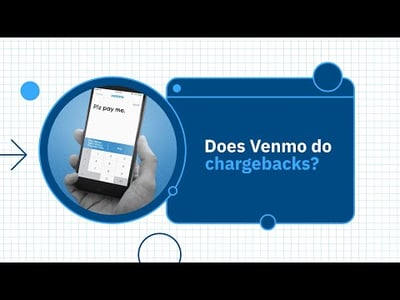 Chargebacks
Chargebacks
Does Venmo do chargebacks?
Yes. Venmo purchases are connected with a payment card or bank account, either by connecting with the user’s existing payment accounts or through a Venmo-issued Mastercard debit card. As a result, Venmo chargebacks are essentially the same as any traditional chargeback.
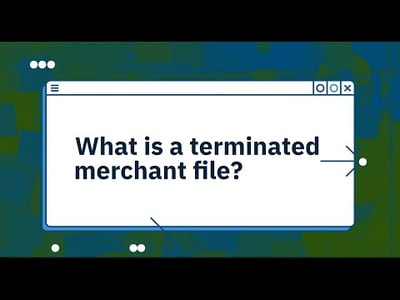 Chargebacks
Chargebacks
What is a terminated merchant file?
Terminated Merchant File (TMF) is a general term for a merchant blacklist such as the MATCH List. The MATCH List is, effectively, the only TMF currently in use. TMF used to be the more common term but, practically speaking, TMF and MATCH List can be used interchangeably. Merchants who have been placed on terminated merchant file for having excessive chargebacks are prevented from opening a merchant account with a new credit card processor.
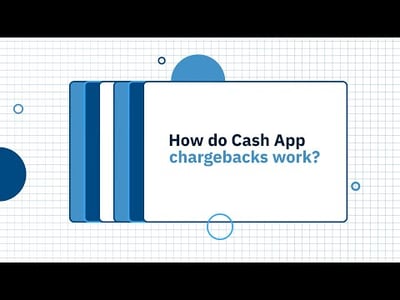 Chargebacks
Chargebacks
How do Cash App chargebacks work?
Cash App accounts are tied to a bank account with a payment card issued by either the bank or Cash App. As a result, chargebacks are possible. Cash App also has its own transaction dispute process.
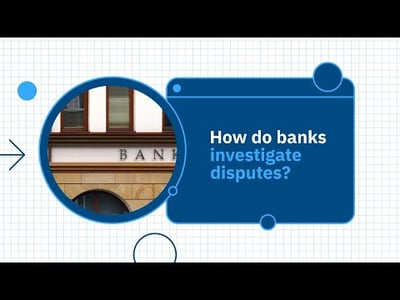 Chargebacks
Chargebacks
How do banks investigate disputes?
Chargeback laws and procedures generally favor cardholders over merchants. Issuing banks, in particular, have an incentive to side with their cardholders in a dispute. Thus, a bank may not thoroughly investigate a dispute if the merchant does not provide evidence and arguments as to why a chargeback was wrongly filed.